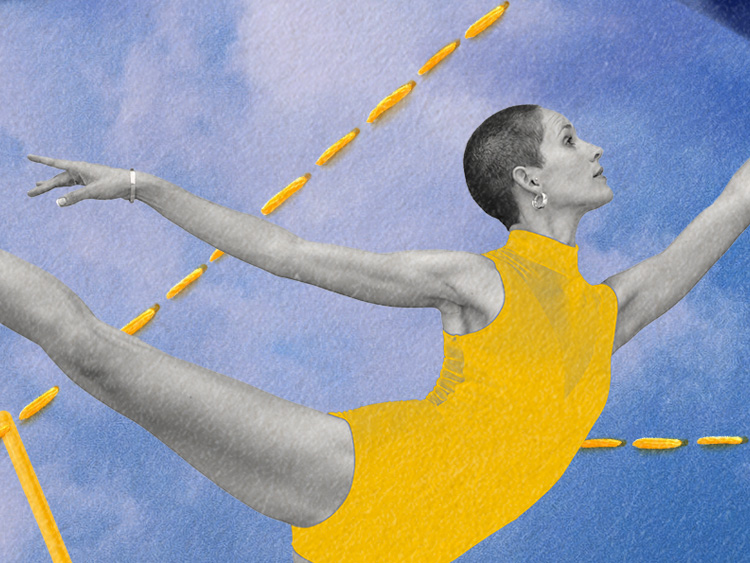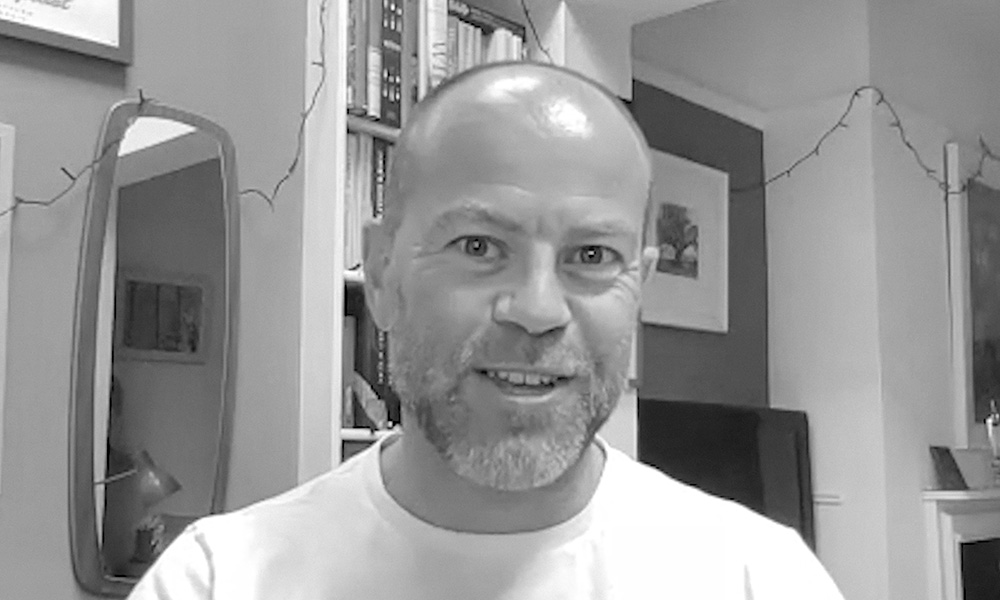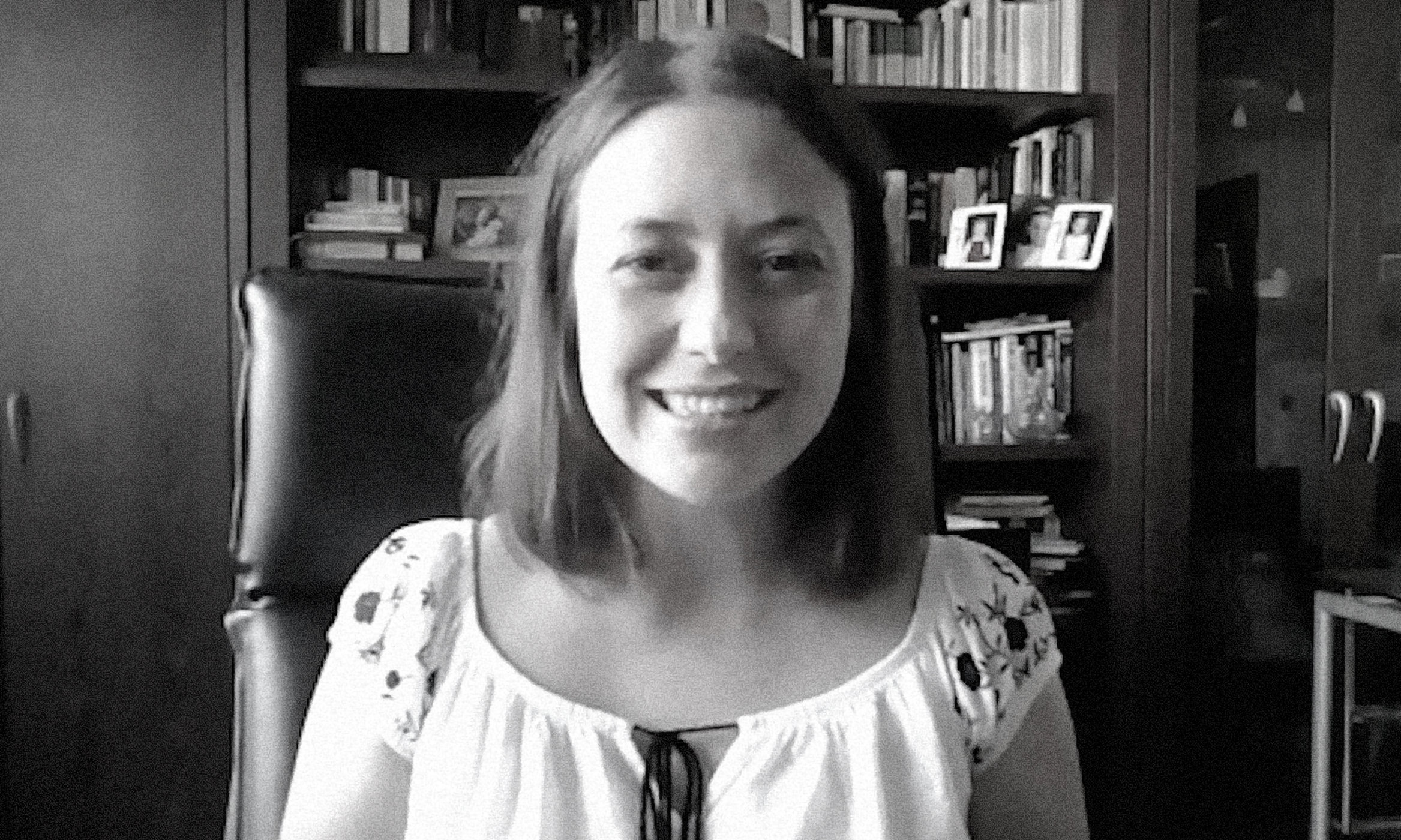
It is the start of a new era, one where the professional blends with the personal to create a new way of working that’s sustainable and reflective for the future of business. It has become very clear to organizations, globally, that the pandemic was the starting point of deep and systemic change. It has changed how people view their lives and their professional trajectories, and it has changed how companies perceive their employees – from human resources to individuals that require nurturing and support.
There are several aspects to this change. The first is one of the most well-known: the Great Resignation. First reported towards the end of 2020, this remains a challenge for most companies as the resignations continue to flood in, even though the pandemic has subsided.
As a recent article by the BBC pointed out, initially it was thought that the Great Resignation was due to chaos and uncertainty, but today it is clear that it has more to do with people wanting roles that add value and meaning to their lives.
On the other side of this departure is ‘quiet quitting’ – that is, staying in work but staying out of the hustle (and away from the risk of burnout, particularly impacting Millennials and Generation Z).
These phenomena are all part of a deeper change that needs to be managed properly, and that asks for companies to be more aware of the new working concept we are designing and building through our present decisions. At NTT DATA Italia we listened to people, collected the different experiences and understood the new needs that emerged. This has allowed us to build the foundations to redesign a way of working of the future, more tailored for our people.
Perspective is the key
Accustomed in the past to having recognizable working expectations and a frame of reference, today we must do a continuous exercise of active listening to understand the new context and scenarios that arise, and develop new managerial approaches.
A new, common culture needs to be based on flexibility, trust and sustainability, to guide us in the evolutionary process in which we are immersed.
Culture, which is expressed through values, principles, and corporate and social behaviors, is the common denominator through which we can interpret (with awareness and compassion) the complexity and diversity that we are facing, particularly across generations. A new, common culture needs to be based on flexibility, trust and sustainability, to guide us in the evolutionary process in which we are immersed.
Resilience and adaptability are essential to the success of the modern worker within the modern business. People have developed new skills and ways of working to adapt to the demands of the pandemic emergency and the complexities of remote and hybrid working.
All these factors have combined to fundamentally change how people perceive themselves and their working environments. They have discovered they have the ability to navigate the intense complexity and uncertainty, and are able to survive. They have realized that life is short, that risk is inherent and that there is only one chance to live their lives.
This means that companies also need to change their perspectives. They need to recognize the importance of personal satisfaction and caring for others, and creating communities within companies that embed trust and wellbeing.
It is an ongoing, interesting journey, aimed at reconciling everyone’s specific objectives with the common business ones. Therefore, we truly believe that it is important not to create rules and norms but rather to build an entirely new mindset based on trust. It’s necessary to create a careful balance between the culture of the company and the needs of the employees, in recognition of the inherent value within both.
How trust builds engagement
A relationship based on trust makes every employee capable of fulfilling the mandates of their role, instead of a constant use of control. Thanks to widespread organizational trust, people can be productive and engaged when they adopt remote working practices and take on the life of a digital nomad. It is through the construction of a trust culture that people who need flexibility will offer as much to the business as to their own lives.
It is through the construction of a trust culture that people who need flexibility will offer as much to the business as to their own lives.
Our philosophy is summed up in the definition we have given ourselves of the Smile Working Company – an environment where technology, creativity and innovation meet and that promotes cultural change in the name of flexibility, inclusiveness and care. It’s based on the principle that a new corporate culture, based on trust and responsibility as a prerequisite, can transform how people work. It can also embed a respect for a new way of working that is truly flexible and oriented towards the wellbeing of each person.
A specific issue concerns the construction of new development paths for all managers whose role has been significantly impacted and who are supporting the greatest effort in this process of change. To them, and in general to the redefinition of the new leadership model, we must devote a large part of our work.
How balance enters the equation
Although we have developed a transparent and trust-based system for smart working, we don’t necessarily want everyone to stay remote 100% of the time. It is important to retain office connections and for people to return to the offices so that they share in an environment that’s focused on collaborative working and connections.
Smart working shouldn’t be an all-or-nothing approach, but rather a foundation built on flexibility that allows for people to work in the office, at home, in other places on the move, but within teams and within the culture.
Smart working shouldn’t be an all-or-nothing approach, but rather a foundation built on flexibility that allows for people to work in the office, at home, in other places on the move, but within teams and within the culture.
We strongly believe in people development and training. This is key to engage one another, ensuring balance, creating a resilient and connected culture, and in establishing trust. We know that there are problems and issues that come hand-in-hand with the new ways of working, but we also know that if we create a culture of shared values and commitments, people will always meet in the middle.
The real challenge is to have the courage to experiment. To look ahead to the future with fresh models and approaches, rather than trying to adapt old models into new operational structures. Our way forward is to share a common mindset that allows for the business to create engagement, to speak to everyone with one voice without compromising on the qualities of creativity, inclusion and diversity.


















































